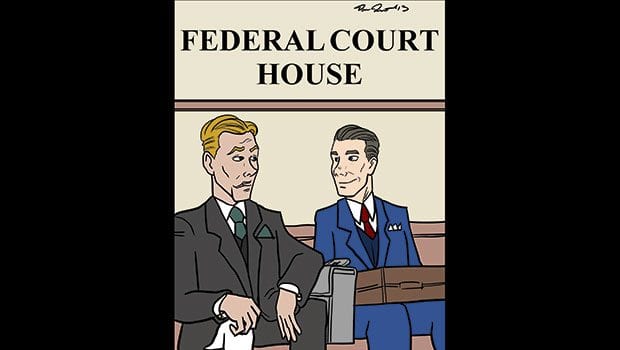U.S. Attorney Carmen Ortiz’ confused rationale in sentencing recommendations

U.S. Attorney Carmen Ortiz sought a prison term of 33 to 41 months when Boston City Councilor Chuck Turner was convicted of accepting a bribe of $1,000 for constituent services. However, Ortiz accepted a guilty plea in exchange for a one-year sentence from Michael E. McLaughlin, who as head of the Chelsea Housing Authority took unauthorized compensation of up to $366,000 per year.
Both the Turner and McLaughlin cases were before U.S. District Court Judge Douglas P. Woodlock, who gave Turner a three year prison sentence. At the sentencing hearing, Woodlock indicated that he was influenced by the fact that Turner “perjured himself at trial” when he supposedly testified falsely.
At the McLaughlin sentencing hearing on June 14, Woodlock rescheduled until July 17 in order to provide an opportunity for the court to hear new evidence that might affect the sentencing decision. Federal probation officers had uncovered information that McLaughlin may have destroyed evidence that would affect the sentence.
The federal sentencing guidelines prevent the U.S. attorney’s office from introducing additional evidence after accepting a plea agreement. However, Woodlock has asserted that there may be additional information indicating more criminality that he deems relevant to his sentencing decision, and he has engaged the Nixon Peabody law firm to develop the case.
The judge is astute to have some question about a plea in the McLaughlin case. Prosecutors accept pleas with modified sentences when there is some difficulty about obtaining a conviction. But the McLaughlin case is a slam dunk. It would be relatively easy to establish that McLaughlin took the money and his exorbitant salary was not authorized. There was little rationale for such a moderate sentence.
Apparently Ortiz believes that it is significantly more damaging to the state for Chuck Turner, a city councilor, to accept a $1,000 payment from a constituent purportedly for services rendered, than for McLaughlin to abscond with funds intended for the maintenance of Chelsea public housing.
Woodlock is clearly disinclined to accept Ortiz’s peremptory view of the McLaughlin case. It would obviously be unjustifiable to incarcerate Turner for three years, even if one believes he is guilty as charged, while McLaughlin is sentenced to only one year for a pattern of criminality that involves substantially more financially than Turner’s $1,000 offense.






